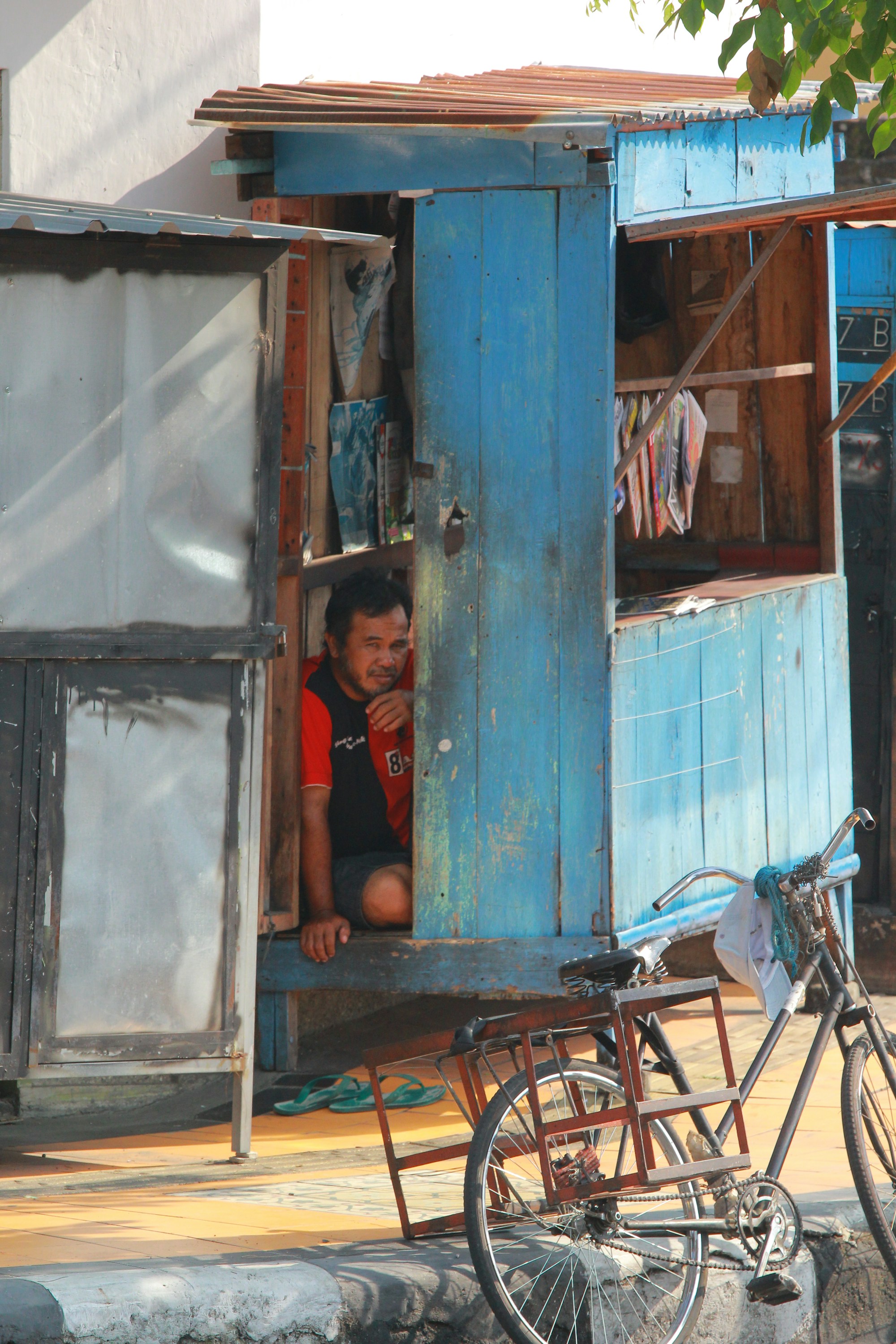Exploring Klaten's Traditional Cuisine and Local Favorites
Discover the rich flavors of traditional cuisine in Klaten, Indonesia - from nasi gudeg to sate klathak. Indulge in local favorites today!

Klaten's Traditional Cuisine and Local Favorites
Exploring the culinary heritage of Klaten in Indonesia unveils a rich tapestry of flavors, ingredients, and traditions that have been passed down through generations. Known for its robust and fragrant dishes, Klaten's traditional cuisine is a true reflection of the region's history and culture.
Historical Context
The culinary landscape of Klaten is heavily influenced by Javanese, Sundanese, and Balinese traditions, resulting in a unique fusion of flavors and cooking techniques. The use of aromatic herbs and spices, such as turmeric, lemongrass, and kaffir lime leaves, is a common feature in Klaten's dishes.
Local Dishes
One of the most beloved dishes in Klaten is Gudeg, a traditional Javanese dish made from young jackfruit cooked in coconut milk and palm sugar, usually served with rice, chicken, and a hard-boiled egg. Another popular choice is Sambal Goreng Krecek, a spicy dish made from cow skin crackers cooked with spicy coconut milk.
Famous Restaurants
- Warung Mbah Satinem - A local favorite known for its authentic Gudeg and friendly atmosphere.
- Warung Pak Min - Famous for its Sambal Goreng Krecek, this restaurant is a must-visit for spicy food enthusiasts.
Traditional Recipes
To make Gudeg, start by cooking young jackfruit in coconut milk with palm sugar and various spices until tender. Serve it with steamed rice, chicken, and a boiled egg for a wholesome meal that captures the essence of Javanese cuisine.
Local Anecdotes
Legend has it that the recipe for Sambal Goreng Krecek was created by a village elder who used rare spices and secret ingredients that have been passed down within families for generations. It is said that the dish brings luck and prosperity to those who consume it.
Interesting Facts
Klaten is also known for its production of tempeh, a staple in Indonesian cuisine made from fermented soybeans. The region's fertile soil and favorable climate make it an ideal location for growing the key ingredients used in local dishes.
